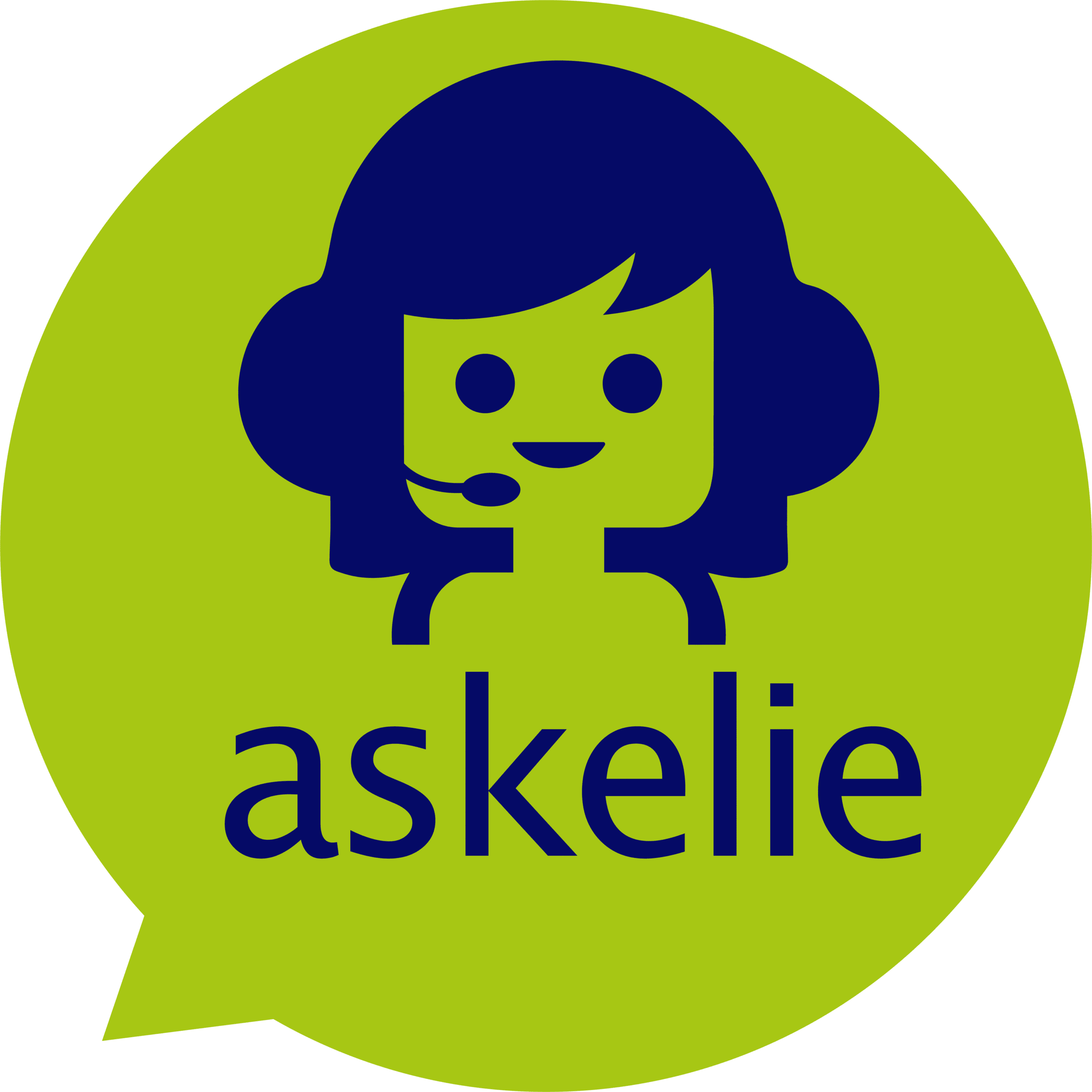The world of work is shifting rapidly. Skills shortages, changing expectations about remote work, and fresh debates around four day week trials are pushing organisations to rethink how they manage people. HR teams are caught in the middle of this change, trying to balance the needs of employees with the demands of leadership, often under severe resource pressure.
One practical answer is already emerging. More organisations are turning to HR automation in UK workplaces to reduce the burden of manual tasks and create time for strategic priorities. Intelligent tools like ELIE for HR can transform how teams operate, helping them keep pace with national debates while improving everyday employee experience.
The rise of HR automation in UK organisations
Automation has become a familiar word in finance, customer service and manufacturing. HR has been slower to adopt, but the momentum is growing. The latest ONS vacancy figures show that employers are still struggling to fill roles in health, technology and construction. At the same time, staff expect more flexibility and faster processes.
Manual HR systems are no longer enough. Lengthy onboarding, slow policy updates and compliance admin leave employees frustrated and HR staff burnt out. By adopting HR automation in UK organisations, these tasks can be completed automatically and consistently, freeing professionals to focus on recruitment, retention and engagement.
Future of Work for HR Teams
The workforce challenge is not limited to one sector. Across the economy, three themes dominate:
- Skills shortages: vacancies remain high and competition for talent is intense. Existing staff pick up the slack, increasing burnout.
- Changing expectations: remote work is here to stay, and some firms are trialling shorter working weeks. HR must manage fairness and compliance across new patterns.
- Limited capacity: many HR teams are small and overworked, spending too much time on routine tasks that could be automated.
The combination creates a storm of reactive firefighting. Without tools like ELIE for HR, the gap between what is expected of HR and what teams can realistically deliver will only widen.
How ELIE for HR transforms the workload
ELIE for HR is designed to address these challenges directly. It automates everyday tasks such as onboarding, leave management, compliance checks and policy updates. Information is captured, validated and delivered into HR systems without manual rekeying or chasing.
For employees, this means smoother onboarding, faster responses and consistent communication. For HR teams, it means less paperwork and more capacity to work on the issues that matter most: Employee retention strategies, recruitment, culture and wellbeing.
ELIE for HR also provides data insights that help organisations act early. For example, it can flag rising turnover in a department or patterns of absence that may suggest wellbeing concerns. By spotting these trends, HR leaders can address issues before they escalate and by using ELIE’s workforce management software life become easier.
A case study example
A mid sized services company was struggling with retention. Employees complained that onboarding was slow, policies were unclear and queries often went unanswered. HR staff admitted they were overwhelmed by manual processes and constant demands.
After adopting ELIE for HR, the organisation automated its onboarding workflow. New hires received welcome packs, policies and system access within hours, training schedules were issued automatically, and managers were prompted to check in regularly. HR staff no longer chased paperwork and instead focused on culture building and support all with thanks to a digital HR transformation program.
The results were clear within six months. Staff retention improved by 20 per cent, HR reported lower stress, and employee feedback highlighted a stronger sense of belonging. This case shows how HR automation in UK organisations can make a measurable difference in both performance and morale.
Five powerful benefits of HR automation in UK workplaces
- Time savings: repetitive admin tasks such as payroll updates, leave requests and compliance records are handled automatically.
- Improved compliance: accurate records are created and stored consistently, reducing the risk of errors and legal issues.
- Enhanced employee experience: staff enjoy smoother onboarding, faster processes and clear communication.
- Smarter insights: data analysis highlights risks and opportunities so leaders can act proactively.
- Higher retention: with more time for engagement and development, organisations hold on to valuable talent.
Each of these benefits contributes to a stronger, more resilient workforce and helps close the gap between HR capacity and organisational demand.
Linking HR automation to national conversations
The national debate around the four day week highlights why HR automation in UK organisations matters. Trials show promising results, but they depend on accurate data and consistent processes. ELIE for HR ensures hours are tracked, compliance is maintained and communication is transparent, reducing confusion during experiments.
Hybrid working presents a similar challenge. Remote teams need fairness and consistency, yet manual systems often create gaps. ELIE ensures policy updates, leave approvals and training schedules are delivered automatically, no matter where employees are based.
In terms of skills shortages, freeing HR staff from paperwork means they can invest more time in recruitment strategies, workforce planning and learning initiatives. That investment directly supports national productivity and competitiveness.
Frequently asked questions
Does ELIE for HR replace HR staff?
No. ELIE supports HR teams by removing repetitive admin. Professionals remain central for strategy, decision making and people engagement.
Is HR automation in UK workplaces secure?
Yes. ELIE is built with compliance in mind, following GDPR and ISO 27001 standards. All data is encrypted in transit and at rest.
Can ELIE for HR integrate with existing HR systems?
Yes. ELIE connects with common HR and payroll platforms, ensuring smooth data flows without replacing current systems.
Is HR automation in UK only for large companies?
No. Smaller organisations benefit equally, often more, because they face the same workload with fewer staff.
Closing thoughts
The pressures facing HR in the UK will not fade quickly. Skills shortages, hybrid working and four day week debates are set to continue. Manual ways of working cannot meet these demands.
HR automation in UK organisations is no longer optional. It is a practical step towards reducing costs, improving retention and supporting employees with the experiences they expect. ELIE for HR makes this transition simple and effective, automating routine tasks while giving leaders the insights they need.
By adopting HR automation now, organisations can move from firefighting to forward planning, building stronger, more resilient workplaces. ELIE for HR is not just a tool for efficiency. It is a foundation for the future of work.



Comments are closed